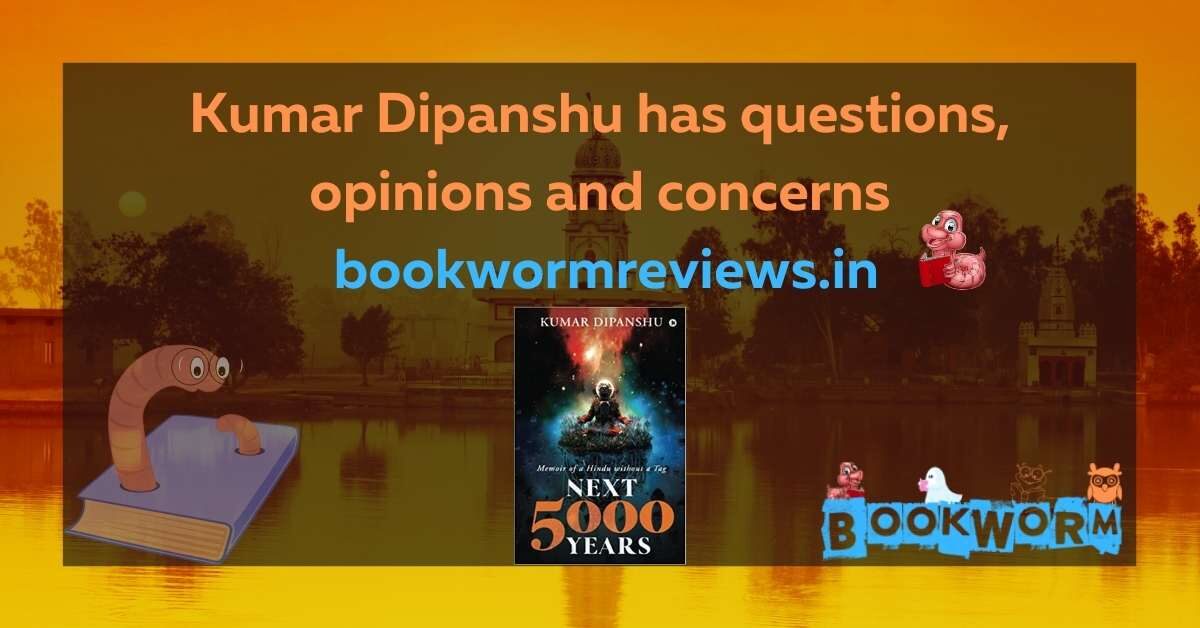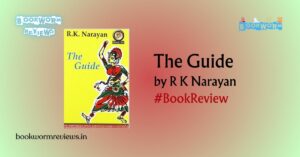“With the renewed interest in revitalizing cultural awareness, I have always stressed the need for ‘ingenuity’ in any effort to find the common thread of shared heritage.”
While a kind of re-looking into or researching in the literal sense is going on in India, among those who are sincerely concerned about the cultural identity, the civilisation riches and religious roots, it is but natural that there will be many approaches and many individual attempts to offer one’s support, contribution and inputs (with all sincerity). Hinduism is one of the oldest (Sanatan) cultures and without a doubt the oldest religious philosophy which could survive the tests of time. However, with biased intellectual persecution, many things about it have either been presented with subjective interpretations or simply forgotten. And now, when the attempts are being made to bring the riches to the fore, Kumar Dipanshu, the author of the latest book on Hinduism and his ideas of his association being an NRI, Next 5000 Years: memoirs of a Hindu without a tag, offers his opinions about various approaches and perspectives.
Dipanshu’s book is not the first that tries to analyse this attempt and not the last as well. However, his book does offer unique perspectives. We are in the age of digital media and, by virtue of that, digital warfare – a part of psychological warfare. Dipanshu’s book offers several examples where the author wants to convey that this re-awakening of embracing the riches of Hinduism might not be fruitful as per the expectations if attempts being made are divided in several directions. He cites the examples of a sudden, unnecessary and avoidable ‘ripped jeans’ incident and how a petty fight over choice of dress led to images of Hindu Devis being posted with images of ripped jeans on the other side and, according to the author, a message went away that the society which worships Devis cannot bear with the choices of women to dress. And this is striking!
In short, Kumar Dipanshu’s work might be very fruitful for those who are concerned about the cultural awakening and who care for the inclusion of people who associate themselves with the idea. The book does not pit one religion against the other. The book does not talk about religious supremacy. The book does not bother to tell about the riches of one religion while berating the other. The book is for the readers who are already informed and who care about one certain idea – standing against Hinduphobia in the digital space as well as in the real world. The author offers the example of the shameful incident of Rashmi Samant being subjected to a vile case of Hinduphobia and racial hatred on the Oxford campus. While the author has also revealed some personal experiences and some allegations which cannot be corroborated after reading only one perspective, the book does deal with a current issue effectively.
Next 500 Years: memoirs of a Hindu without a tag will certainly be an informative and interesting read for those who are inclined with the subject matter. For general readers, it will be an opportunity to get introduced to the subject. In the league of many authors and many books, this book might be included with a very different, subjective but helpful, and current state of affairs in the field of Hinduism, its perspectives and the attempts being made to study, reinforce and extend.
by Ashish for BookWorm Reviews




